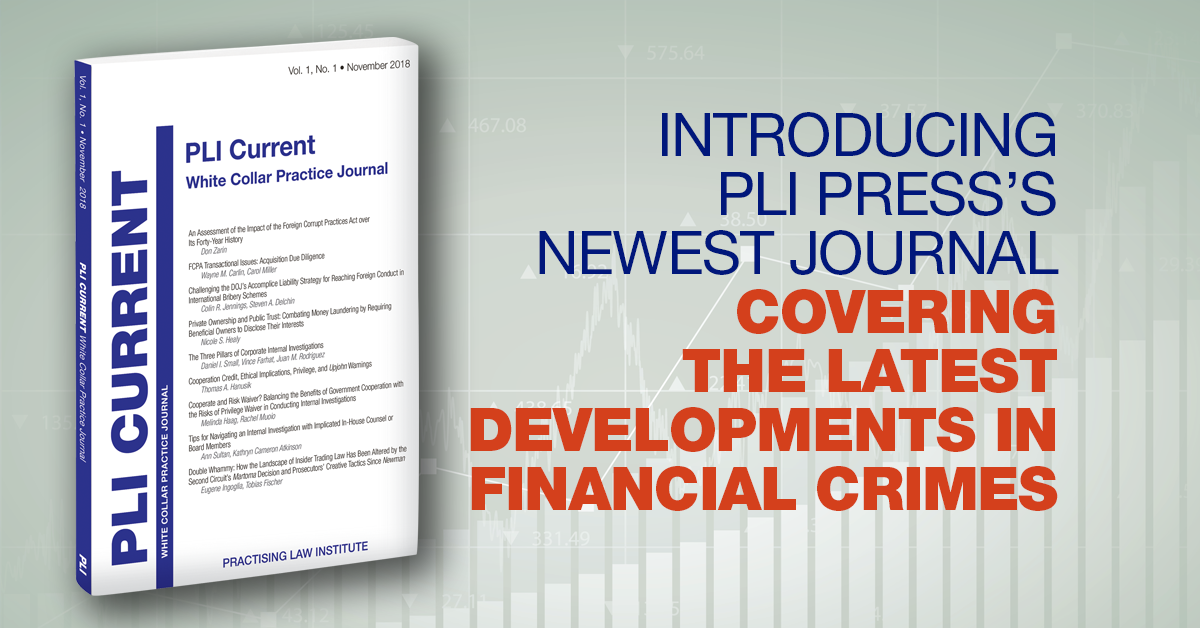Friedman on Leases is widely regarded as the leading authority on commercial real estate leasing, recognized for its extensive and balanced coverage of tenant and landlord concerns. This fifth release of Friedman on Leases, Sixth Edition continues to deliver not only the foundational knowledge required by novice practitioners, but also analysis of and insight into the most current and relevant developments facing seasoned practitioners in the commercial real estate field.
The author, Andrew R. Berman, is Senior Vice-President and Associate General Counsel with Savills Studley in New York. He is a former real estate partner at Orrick Herrington, Akerman, and Sidley Austin, and is a law professor at New York Law School, where he founded the Center for Real Estate Studies and the Institute for In-House Counsel. Mr. Berman’s expertise in both practice and academia enable him to provide the broad perspective and insight that real estate professionals need in this rigorous and dynamic field.
Highlights of Release #5 include the following:
- Fiduciary Capacity; Authority. Updated discussion reviews how Illinois, New York, and Pennsylvania approach a landlord-trustee’s power to lease in the absence of a special power. (See section 2:1.2.)
- Taxes, Assessments. Updated discussion covers when a lease requires the tenant to pay the landlord additional rent based on future increases in real estate taxes. (See section 5:2.1.)
- Amount of Percentage Rent. Updated with new examples that illustrate the different approaches to determine percentage rent, as well as a new sample percentage rent provision with percentages that vary and a cap. (See section 6:2.)
- Holdover Tenant Versus Foreclosing Mortgagee. Updated to include cases that illustrate the uncertainty over whether an attornment provision affirms that privity of estate exists between the tenant and the purchaser, or whether it extends liability by way of privity of contract. (See section 8:3.)
This essential treatise is available on PLI PLUS. If you would like to order a print copy, please email libraryrelations@pli.edu.
 We are pleased to announce the newest journal from PLI Press,
We are pleased to announce the newest journal from PLI Press,